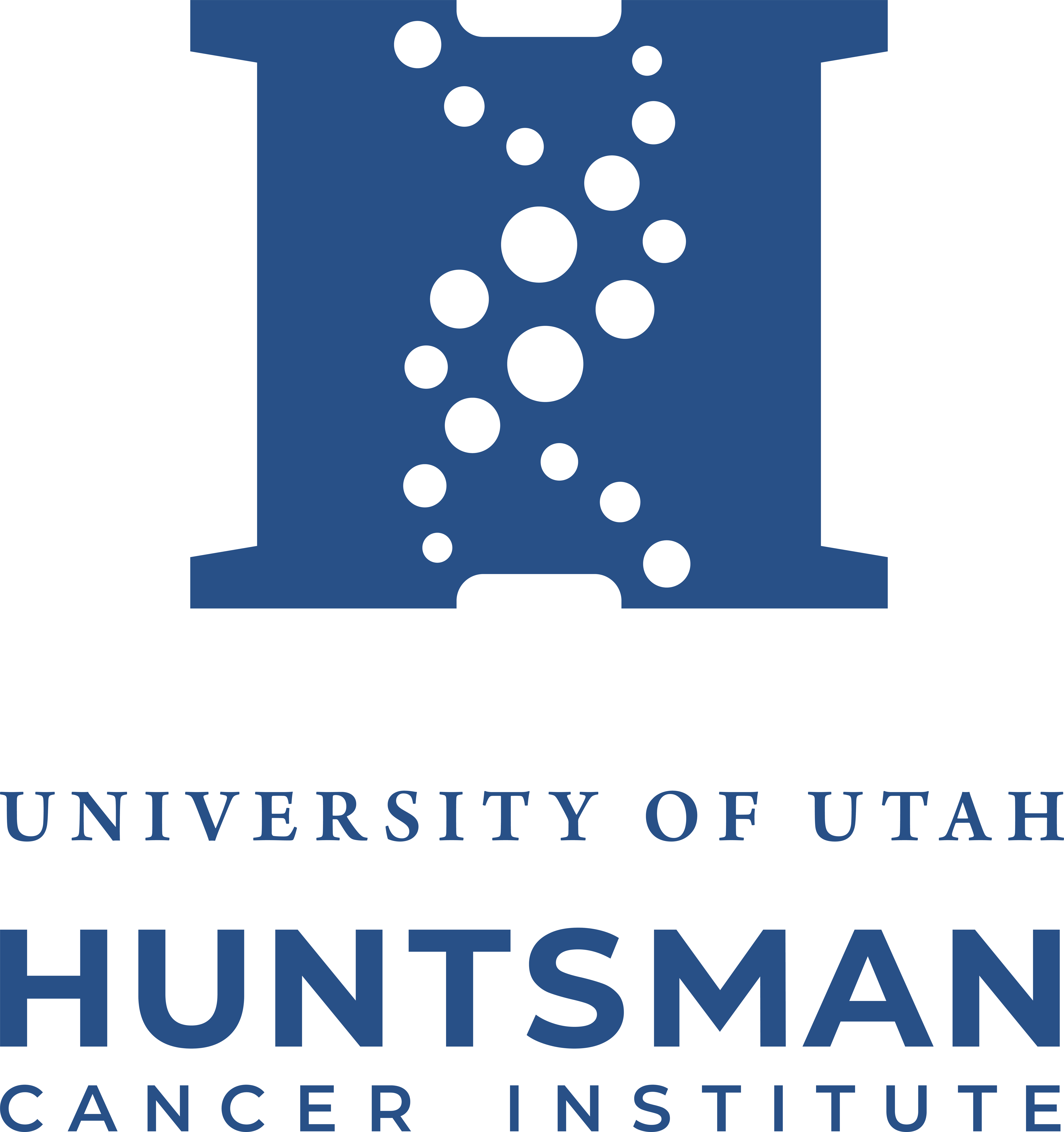
Dr Mitzman on the Use of Adjuvant Atezolizumab After Chemotherapy in Resectable NSCLC

Brian Mitzman, MD, FACS, FCCP, discusses the use of adjuvant atezolizumab following platinum-based chemotherapy in patients with resectable non–small cell lung cancer.
Brian Mitzman, MD, FACS, FCCP, assistant professor, Division of Cardiothoracic Surgery, the University of Utah and Huntsman Cancer Institute, discusses the use of adjuvant atezolizumab (Tecentriq) following platinum-based chemotherapy in patients with resectable non–small cell lung cancer (NSCLC).
In October 2021, the FDA approved atezolizumab for use as an adjuvant treatment following resection and platinum-based chemotherapy in patients with stage II to IIIA NSCLC whose tumors have PD-L1 expression on 1% or more of tumor cells. The regulatory decision was based on data from the phase 3 IMPOWER 010 trial (NCT02486718). Patients were required to undergo resection and receive adjuvant chemotherapy before being randomly assigned to atezolizumab or best supportive care. Atezolizumab was given once every 3 weeks for 16 cycles.
Findings that supported the approval showed that the median disease-free survival (DFS) was not yet reached (95% CI, 36.1 months–not evaluable [NE]) for patients receiving atezolizumab, compared with 35.3 months (95% CI, 29.0-NE) for patients receiving best supportive care (HR, 0.66; 95% CI, 0.50-0.88; P = 0.004).
Additionally, a post-hoc subgroup analysis showed that in the all-randomized stage II to IIIA population with PD-L1 expression on at least 50% of tumor cells, atezolizumab elicited a DFS benefit in patients with EGFR and ALKaberrations (HR, 0.43; 95% CI, 0.27-0.68) and those without those aberrations (HR, 0.43; 95% CI, 0.26-0.71).






































